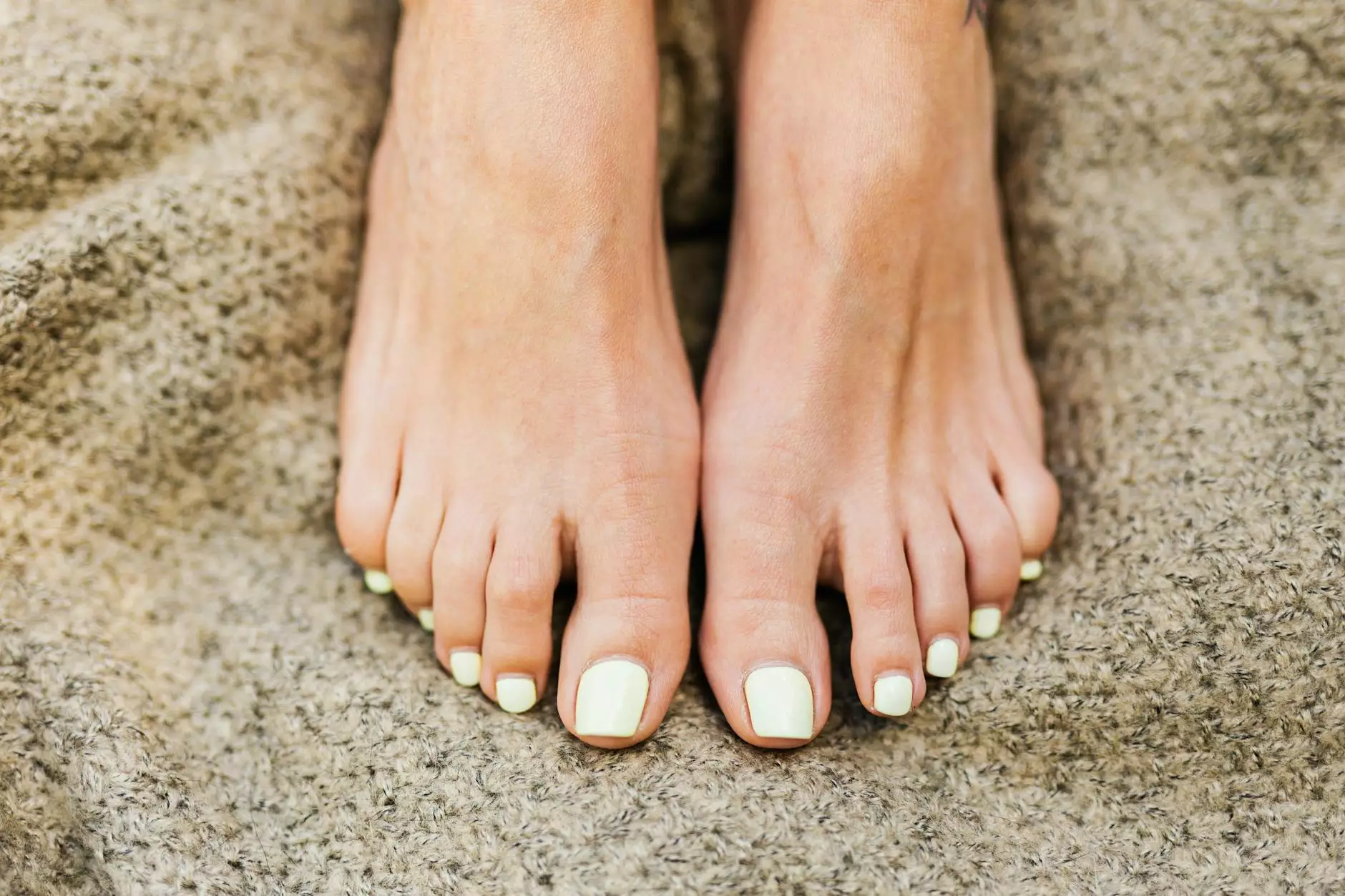Possible Consequences From Wearing High Heels
Women's Health
As a leading authority in orthopaedic health, Bowling Orthopaedics understands the importance of educating individuals about the potential consequences associated with wearing high heels. While high heels may be fashionable, they can have detrimental effects on foot health, overall posture, and contribute to the development of various foot conditions. As you delve into the world of high heels, it is crucial to be aware of the risks involved and make informed decisions to prioritize your long-term well-being.
The Impact on Foot Health
Wearing high heels regularly can cause significant damage to your foot health. The elevation of the heel alters the biomechanics of the foot, affecting its natural posture and function. This change in alignment places excessive pressure on the ball of the foot, leading to pain, inflammation, and an increased risk of conditions such as metatarsalgia and Morton's neuroma.
Additionally, prolonged wear of high heels can cause shortening of the Achilles tendon and calf muscles. This can lead to reduced flexibility and an increased likelihood of developing conditions like Achilles tendonitis and plantar fasciitis. Furthermore, the pressure exerted on the toes can lead to deformities such as hammertoes, corns, and bunions.
The Effects on Posture
High heels alter the natural alignment of your spine and pelvis, thereby affecting your overall posture. In order to maintain balance while wearing heels, the body compensates by tilting the pelvis forward and increasing the curve in the lower back. This adjustment can result in lower back pain, muscle imbalances, and poor spinal alignment.
Moreover, the forward shift of the center of gravity places strain on the knees, leading to potential issues such as knee osteoarthritis. This alteration in posture can also contribute to an increased risk of falls and related injuries while walking or navigating uneven surfaces.
Potential Foot Conditions
Wearing high heels can contribute to the development of various foot conditions over time. Some of the most common conditions associated with high heels include:
- Metatarsalgia: This condition causes pain and inflammation in the ball of the foot, often felt as a burning sensation.
- Morton's neuroma: Nerve thickening between the toes, causing pain and numbness in the affected area.
- Achilles tendonitis: Inflammation and degeneration of the Achilles tendon leading to pain and limited mobility.
- Plantar fasciitis: Inflammation of the plantar fascia, causing intense heel pain.
- Hammertoes: Abnormal bending of the toes, resulting in deformities and discomfort.
- Corns and calluses: Thickened and hardened patches of skin caused by excessive pressure and friction.
- Bunions: Abnormal bony growth at the base of the big toe, causing pain and misalignment.
Expert Advice from Bowling Orthopaedics
At Bowling Orthopaedics, we strive to provide the highest level of care and expert advice to our patients. We understand the allure of high heels but also prioritize your long-term foot health. Here are some tips to minimize the potential consequences associated with wearing high heels:
- Select the right shoe size: Ensure a proper fit to minimize pressure points and discomfort.
- Choose a lower heel height: Opt for lower heels or shoes with platforms to reduce the strain on your feet.
- Alternate heel heights: Avoid wearing high heels every day. Allow your feet to rest by alternating heel heights and incorporating flats or supportive shoes into your wardrobe.
- Stretch and strengthen: Prioritize foot and calf stretches to maintain flexibility. Strengthening exercises can also help support your foot muscles.
- Use orthotic inserts: Consider using supportive inserts or insoles to provide additional cushioning and support.
By following these tips and being mindful of the potential consequences, you can enjoy some of the fashion benefits of high heels while minimizing the associated risks.
Remember, prioritizing your foot health is essential for long-term well-being and mobility. At Bowling Orthopaedics, our team of experts is dedicated to providing personalized care and guidance to address any foot concerns you may have. Contact us today to schedule a consultation and take proactive steps toward maintaining optimal orthopaedic health!
Disclaimer: This article is intended for informational purposes only and should not be interpreted as medical advice. Please consult with a qualified healthcare professional for personalized guidance tailored to your specific needs and condition.




